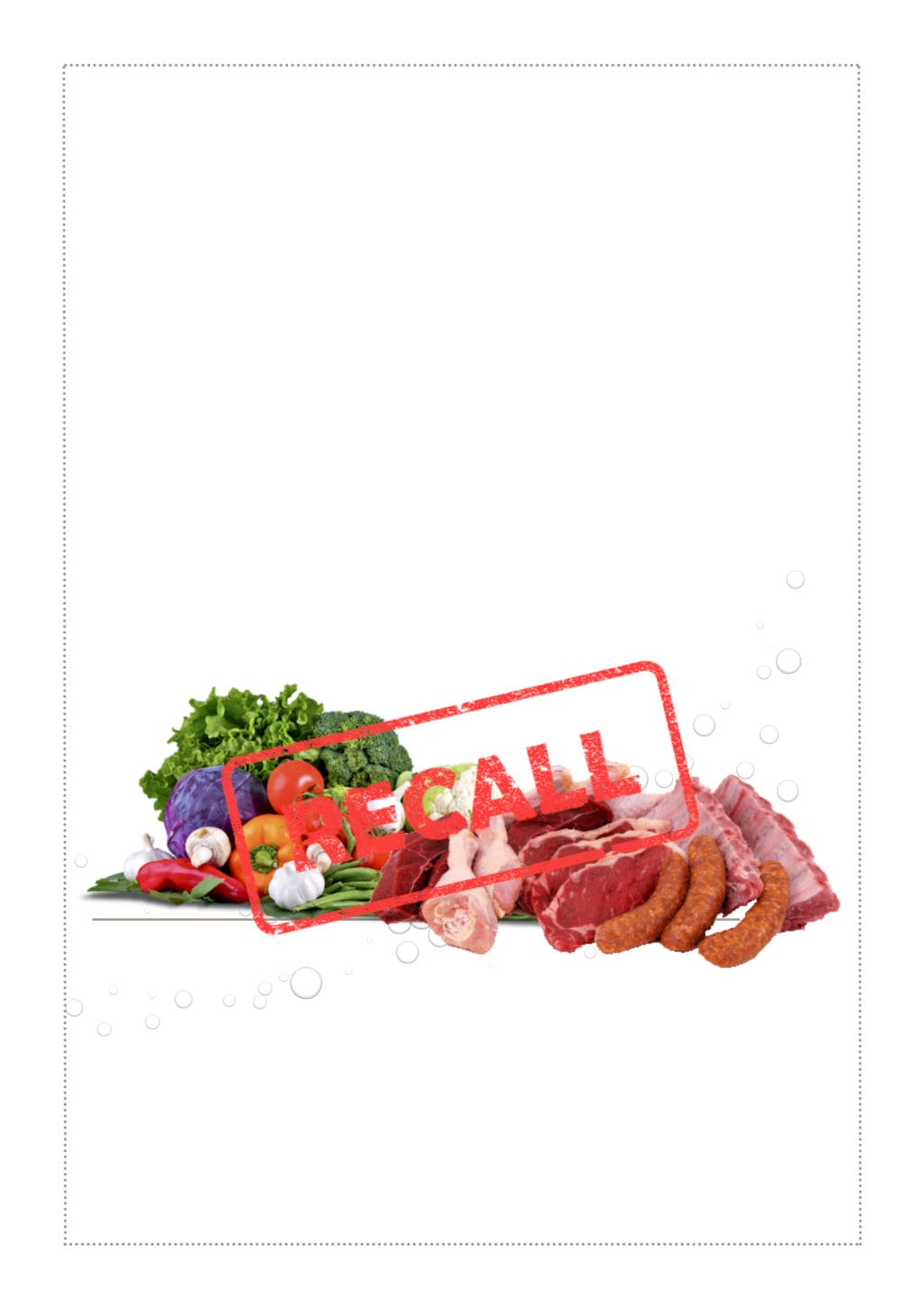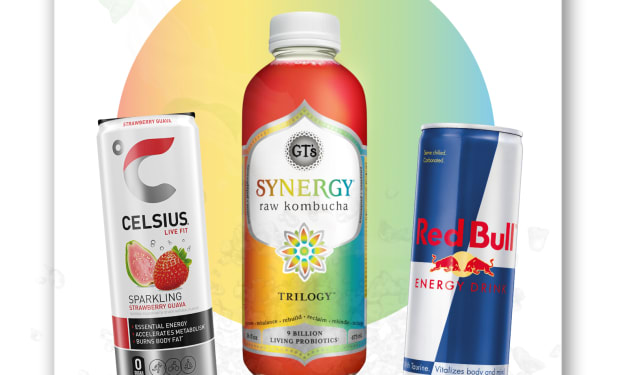Why are Food been Recall and Rising in the US
Are our Foods even safe to eat?

Last year, the Food and Drug Administration (FDA) recalled more food than it had in the previous five years combined. This includes a wide range of groceries, from vegetables to ice cream. It's a concerning trend for consumers, as over 1,000 people fell ill and six died from eating recalled products in 2023 alone. To better understand this issue and its impact, let's explore how food recalls work and what they mean for us.
In the U.S., two primary organizations oversee our food supply: the Food Safety and Inspection Service (FSIS) regulates most meat and poultry products, while the FDA handles nearly everything else. These agencies inspect production lines, test products, and work with companies to conduct safety checks. Despite these efforts, dangerous items still occasionally reach consumers, highlighting the complexity and challenges of ensuring food safety.
Recalls occur for various reasons, including contamination (like the 16,000 pounds of ground beef Walmart removed due to potential E. coli), foreign objects (such as rocks in Trader Joe's chicken salad), and failure to list allergens on labels. Once a problem is identified, the government investigates and determines if a recall is necessary, a process that can take months. While recalls are often voluntary, the FDA can take legal action, including shutting down non-compliant companies, as seen with the closure of Sunland Inc., the largest peanut butter plant in the U.S., following a 2012 salmonella outbreak.
The recall process involves notifying the public and retailers to remove the product, which can be extremely costly for manufacturers. Some companies, like Sunland, have filed for bankruptcy due to recall expenses. This financial risk is why many manufacturers invest in recall insurance. However, insurance can't shield a company from the reputational damage of a recall, as consumers become wary of brands linked to contamination.
Several factors contribute to the recent surge in recalls. Our food supply chain is increasingly global, with roughly 3/4 of our fruits and nearly half our vegetables expected to come from outside the U.S. by 2027. This globalization makes tracing contaminants more difficult. Additionally, the rise of mega factory farms, which house hundreds of thousands of animals, increases the risk of disease spread.
Critics argue the FDA does not prioritize food safety enough, given its oversight of drugs and medical products as well. Reports suggest the FDA's food division is understaffed and underfunded, leading to decreased inspections. This lack of proactive oversight means consumers and retailers often identify safety issues after products have already reached the market. The delayed response to contaminated infant formula in 2022, which killed two babies and hospitalized four, underscores the consequences of inadequate inspections.
While the system has its flaws, there are steps consumers can take to better protect themselves: be mindful of where your food comes from, and always follow the four core steps to food safety: clean, separate, cook, and chill.
The recent spike in food recalls is a complex issue with far-reaching consequences for consumers, manufacturers, and regulatory agencies. As our food supply chain continues to evolve, it's crucial that we address the challenges and weaknesses in our current system to ensure safer, healthier options for everyone.
About the Creator
Enjoyed the story? Support the Creator.
Subscribe for free to receive all their stories in your feed. You could also pledge your support or give them a one-off tip, letting them know you appreciate their work.






Comments
There are no comments for this story
Be the first to respond and start the conversation.